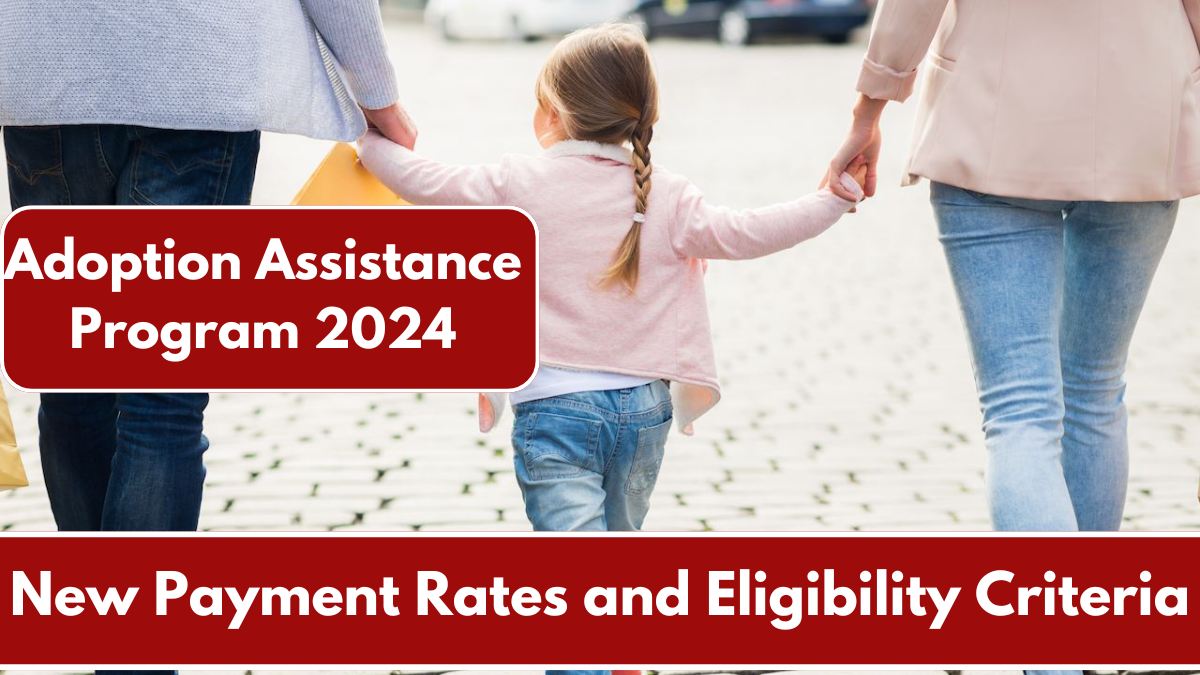Introduction:
With the new year approaching, many early retirees are eager to learn about the changes in benefit rates for 2024. The Early Retirement Benefit program has been adjusted to reflect inflation and other economic factors, ensuring that retirees can maintain their standard of living while enjoying their retirement years. This article provides an overview of the new benefit rates, eligibility criteria, and a step-by-step guide on how to apply for early retirement benefits in 2024.
Overview of 2024 Early Retirement Benefit Rates

The Early Retirement Benefit rates have been increased for 2024, allowing retirees to receive more substantial monthly payments. These adjustments are designed to help offset the rising cost of living and ensure that retirees have the financial resources needed to enjoy a comfortable retirement.
Below is a table summarizing the new early retirement benefit rates for 2024:
| Age at Retirement | 2023 Monthly Benefit | 2024 Monthly Benefit | Percentage Increase |
|---|---|---|---|
| 62 | $1,500 | $1,575 | 5% |
| 63 | $1,600 | $1,680 | 5% |
| 64 | $1,700 | $1,785 | 5% |
| 65 | $1,800 | $1,890 | 5% |
| 66 | $1,900 | $1,995 | 5% |
These increases are designed to provide more robust financial support for early retirees, helping them manage their expenses and enjoy a fulfilling retirement.
Eligibility Criteria for Early Retirement Benefits in 2024

To qualify for early retirement benefits in 2024, you must meet specific criteria related to your age, work history, and earnings. Here are the key eligibility requirements:
- Age Requirement: You must be at least 62 years old to apply for early retirement benefits. However, the amount you receive will vary depending on the exact age at which you retire.
- Work Credits: You need to have earned a sufficient number of work credits through your employment history. Generally, 40 credits (equivalent to 10 years of work) are required to qualify for Social Security benefits.
- Earnings Cap: There is a limit on how much you can earn annually while receiving early retirement benefits. For 2024, this cap is $21,240. If your earnings exceed this amount, your benefits may be temporarily reduced.
- Reduction in Benefits: If you choose to retire early (before full retirement age), your benefits will be reduced. The reduction is typically around 6% for each year you retire before your full retirement age.
- Spousal Benefits: If you are married, your spouse may also be eligible to receive benefits based on your work record. The amount will depend on your spouse’s age and work history.
How to Apply for Early Retirement Benefits in 2024

Applying for early retirement benefits is a straightforward process, but it’s important to ensure that all necessary steps are followed to avoid delays or issues. Here’s a step-by-step guide:
- Determine Your Eligibility: Review the eligibility criteria to ensure you qualify for early retirement benefits. Consider the impact of early retirement on your monthly benefit amount.
- Gather Required Documents: Collect the necessary documents, including your Social Security number, birth certificate, proof of citizenship, and tax returns. If applying for spousal benefits, you’ll need your marriage certificate and spouse’s information.
- Apply Online or In-Person: You can apply for benefits online through the Social Security Administration (SSA) website, by phone, or in person at your local SSA office. Online applications are typically the most convenient and quickest option.
- Review and Submit: Carefully review your application to ensure all information is accurate and complete. Submit your application along with any required documentation.
- Follow Up: After submitting your application, monitor its status through the SSA website or by contacting the SSA directly. If approved, you will receive a letter detailing your benefit amount and when payments will begin.
Conclusion:
The 2024 updates to early retirement benefits are designed to provide more financial support for those choosing to retire before reaching full retirement age. With increased monthly payments and clear eligibility guidelines, early retirees can better manage their finances and enjoy a more secure retirement. By understanding the new rates, considering the long-term implications of early retirement, and following the proper application steps, you can make informed decisions that align with your retirement goals. Stay proactive in planning to ensure that your retirement years are both comfortable and financially stable.
FAQ’s:
Q1. How does retiring early affect my Social Security benefits?
Retiring early, before your full retirement age, results in a reduction of your monthly benefits. The reduction is permanent and is approximately 6% for each year you retire before reaching full retirement age.
Q2. What is the full retirement age, and how does it impact my benefits?
Full retirement age (FRA) is the age at which you are eligible to receive 100% of your Social Security retirement benefits. For most people, FRA is between 66 and 67 years old, depending on your birth year. Retiring early reduces your benefits, while delaying retirement increases them.
Q3. Can I continue to work while receiving early retirement benefits?
Yes, you can work while receiving early retirement benefits. However, if your earnings exceed the annual limit ($21,240 in 2024), your benefits may be temporarily reduced. Once you reach full retirement age, there is no earnings cap.
Q4. How do spousal benefits work in early retirement?
Spouses may be eligible to receive benefits based on the retiree’s work record. If the spouse retires early, their benefits will be reduced. The maximum spousal benefit is typically 50% of the retiree’s full benefit amount.
Q5. What should I consider before deciding to retire early?
Before retiring early, consider the long-term financial impact, including the permanent reduction in benefits, potential earnings limits, and healthcare costs. It may be helpful to consult with a financial advisor to explore your options and make an informed decision.





















